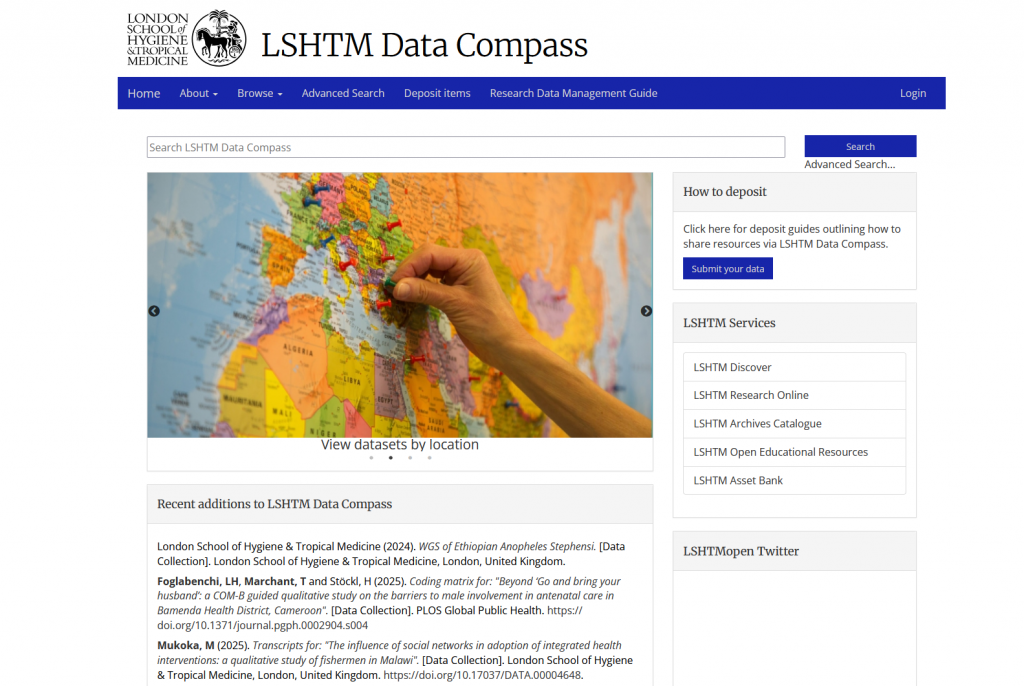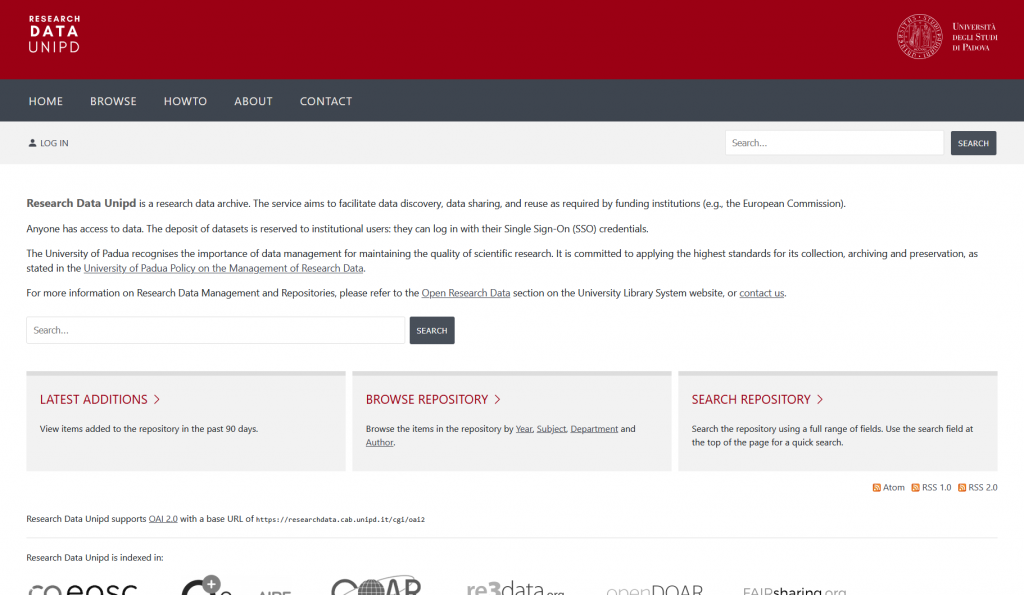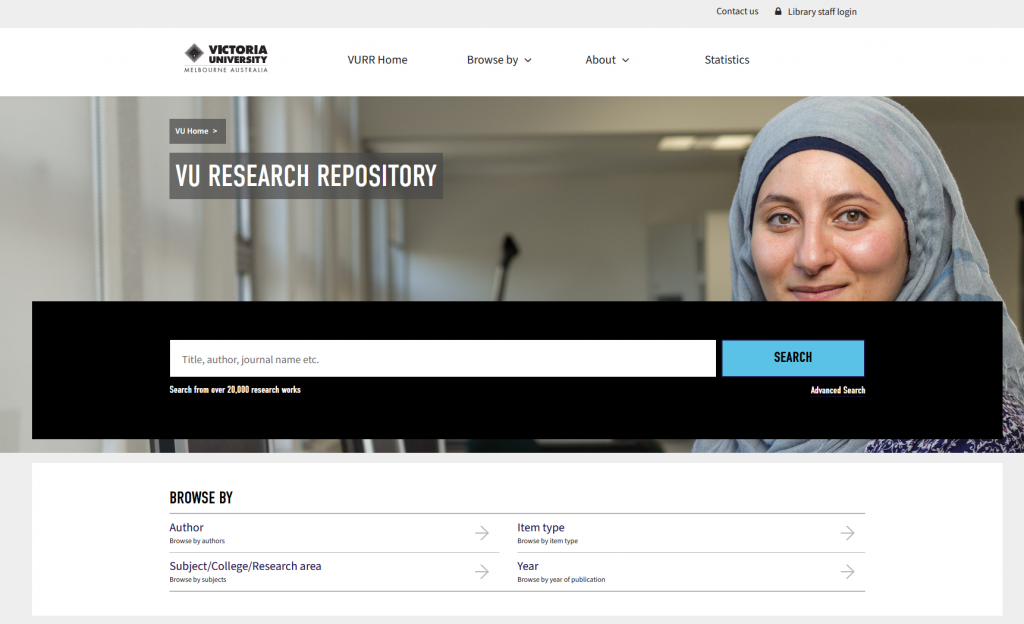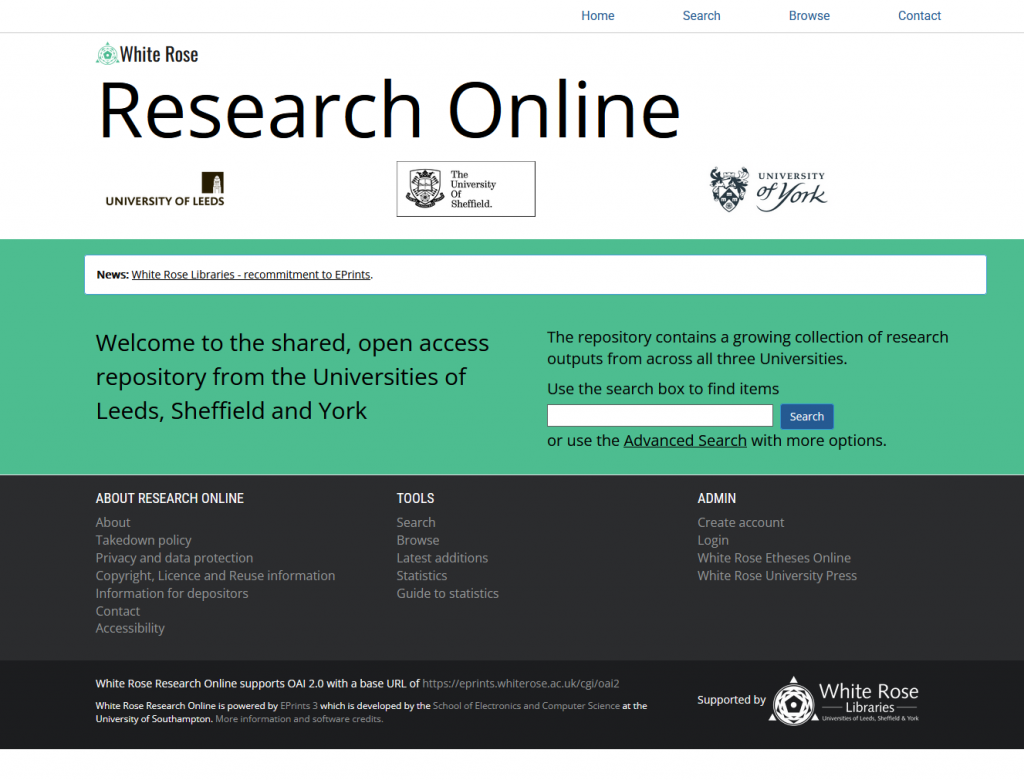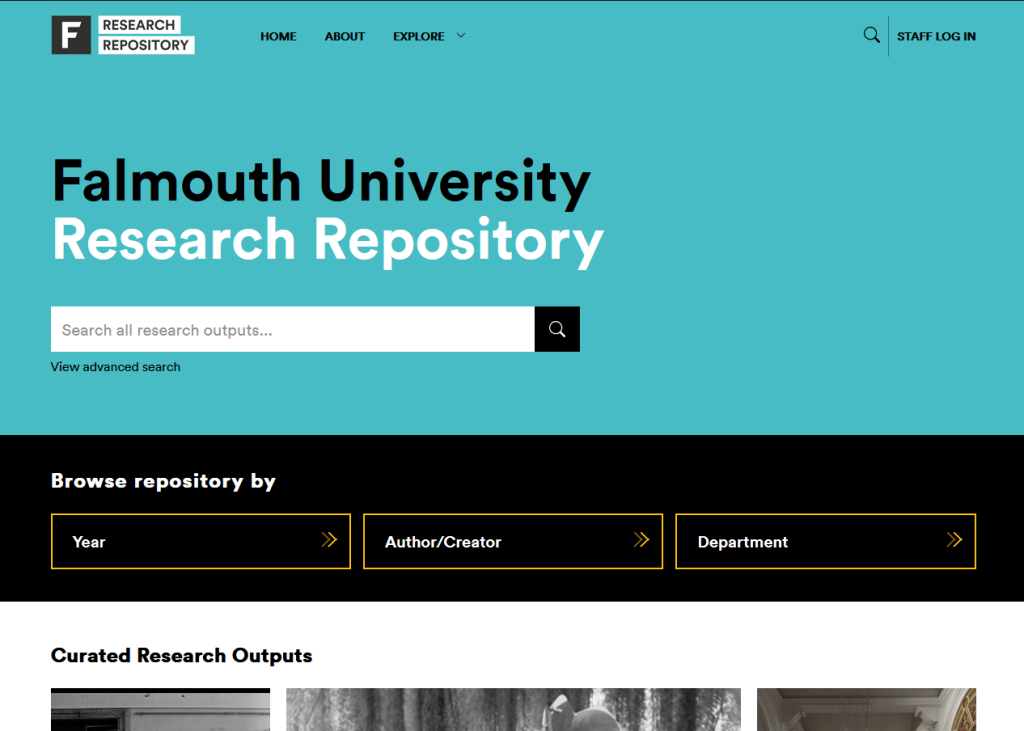Download + install the latest release!
EPrints version 3.4.7 is now available! 3.4.7 builds on the improvements on the security / privacy, Signposting integration, and support for converting HEIC and WEBP thumbnails introduced in 3.4.6 to include Highwire Press and PRISM meta tag enhancements to improve Google Scholar interoperability.
- Download + install your desired ‘flavour’ of EPrints tarball. Install guides are available for CentOS/Redhat/Fedora and Debian/Ubuntu; or
- Download the canonical codebase for EPrints from GitHub, along with code for community contributions to the EPrints platform.
EPrints feature overview
EPrints repository software provides a flexible, free, open source repository solution for organizations wishing to manage their digital objects effectively. With over 800 registered installations, EPrints is most commonly used to store, organize, and power the discovery of research publications by universities and research institutions, but is also used to deliver research dataset repositories, open educational resource (OER) repositories, and much, much more.
EPrints exemplars
Tracing its history back to the emergence of the first OAI-PMH protocol, EPrints has continually evolved to reflect changes in the open research and open scholarly infrastructure landscape, and continues to form the basis of repository innovation across the world.
Below are some notable examples of how EPrints is being used by organizations across the world to power publication and research data repositories, from Data Compass at the London School of Hygience & Tropical Medicine to QUT ePrints at the Queensland University of Technology (QUT).
